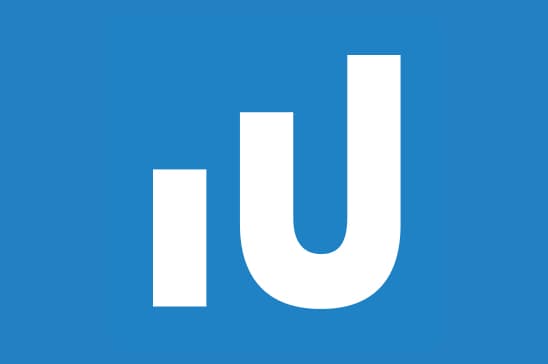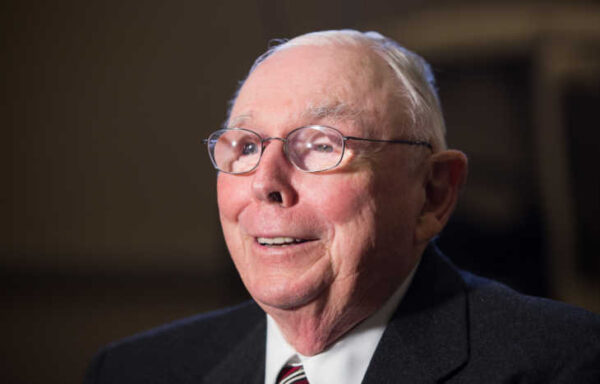This Quality Leads to Excellence… in Life and in Investing
- Do you want to become a better student, investor, employee or partner? One quality could be the key to achieving that goal.
- Today, Alexander Green explains why accepting criticism is the first step.
Do you want to be a better student, a better athlete, a better employee (or manager), a better romantic partner and/or a better investor?
If this is a genuine goal and not just wishful thinking, you need to do something most people simply will not do: Learn to embrace, cherish and even seek out constructive criticism.
Psychologists tell us that human beings are programmed to accumulate pride and shun regret.
That’s a fancy way of saying we have a strong tendency to credit ourselves for the things that go right in our lives and to blame others – or circumstances – for what goes wrong.
The problem is that shuts us off from growth, both personal and professional.
I’m not talking about hostile, nonspecific criticism. Remarks like “You’re terrible” or “He’ll never amount to anything” aren’t offered in the spirit of improvement.
But specific, knowledgeable criticism, designed to make you – or your team – better and stronger is unalloyed gold.
It can save your health, your career, even your marriage. But only if you’re willing to accept it and hold yourself accountable.
Yes, criticism is not always easy to take – or tactfully delivered.
My wife, Karen, walked up at the end of a tennis lesson one day, just in time to hear the teaching pro tell me these words:
Look, you’ll never be a great player. But if you want to get better, you need to develop a stronger one-handed backhand by keeping your head down and pointing your left arm straight behind you.
I nodded and thanked him. But my wife was indignant.
“How dare he say that? You’ll never be a great player? What an insult!”
I told her – quite honestly – that it didn’t bother me. I’m a middle-aged, 4.0 tennis player with a decent forehand and serve but a spotty backhand and an inconsistent net game.
The guy teaching me was a top coach for the University of Virginia’s men’s team, regularly ranked among the top teams in the nation.
I was lucky he even looked at my game. I had no illusions that I would ever be great the way his championship players were.
I wanted insightful criticism. He delivered it. I gained from it. There is no problem here.
In business and in life, bad habits, mistakes and missteps are inevitable. The question is what can you learn from them?
Your objective should simply be to understand what happened and why so that you can prevent them from happening again.
This is particularly true in the investment arena.
In my previous life as a money manager, I discovered that investors are prone to making the same mistakes again and again.
The ones who panicked and ran to cash in one market sell-off would soon regret it but then do the same thing in the next one… and the one after that.
Because the news backdrop was different each time, they viewed their actions as different each time. But it was really just the same mistake – fear and panic – over and over.
How do you critique yourself and accept constructive criticism from others?
By adopting an attitude of “radical responsibility.”
Radical responsibility means taking complete ownership in every sphere of your life, from your personal relationships to your work life to your health and finances.
You must own your thoughts, your feelings and – most importantly – your behavior.
This is not a burden, incidentally. It’s empowering.
You have little control over other people, changing circumstances and bad breaks. But you do have control over your own actions and – to a lesser extent – the actions of those you supervise.
In my experience, business, investing and life only get better when you embrace and act on specific, well-intentioned criticism.
About Alexander Green
Alexander Green is the Chief Investment Strategist of The Oxford Club, the world’s largest financial fellowship. For 16 years, Alex worked as an investment advisor, research analyst and portfolio manager on Wall Street. After developing his extensive knowledge and achieving financial independence, he retired at the age of 43.
Since then, he has been living “the second half of his life.” He runs The Oxford Communiqué, one of the most highly regarded publications in the industry. He also operates three fast-paced trading services: The Momentum Alert, The Insider Alert and Oxford Microcap Trader. In addition, he writes for Liberty Through Wealth, a free daily e-letter focused on financial freedom.
Alex is also the author of four New York Times bestselling books: The Gone Fishin’ Portfolio: Get Wise, Get Wealthy… and Get On With Your Life; The Secret of Shelter Island: Money and What Matters; Beyond Wealth: The Road Map to a Rich Life; and An Embarrassment of Riches: Tapping Into the World’s Greatest Legacy of Wealth.







